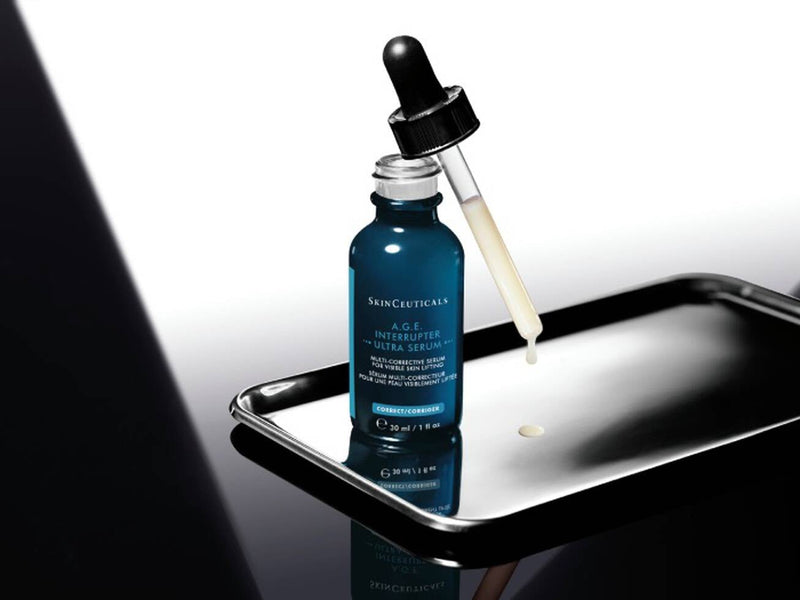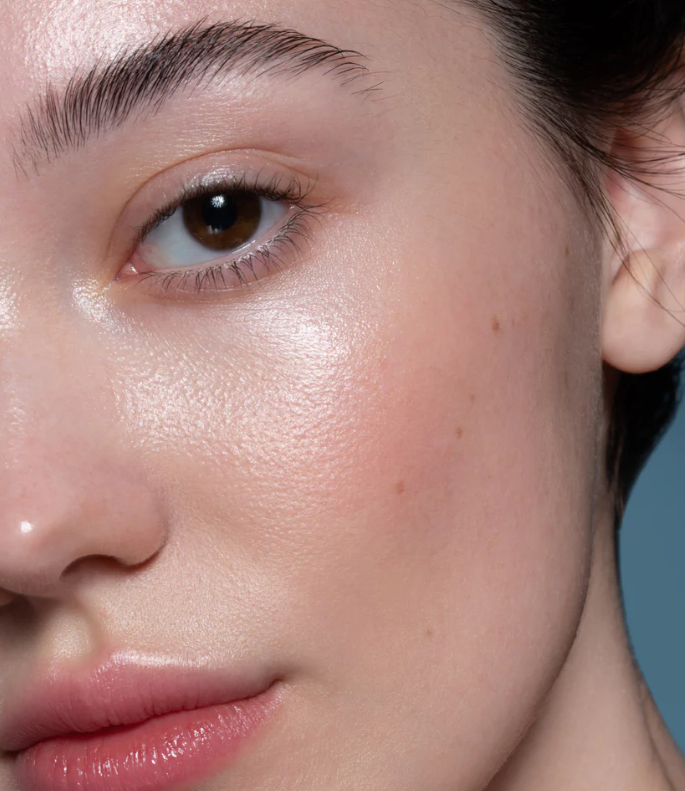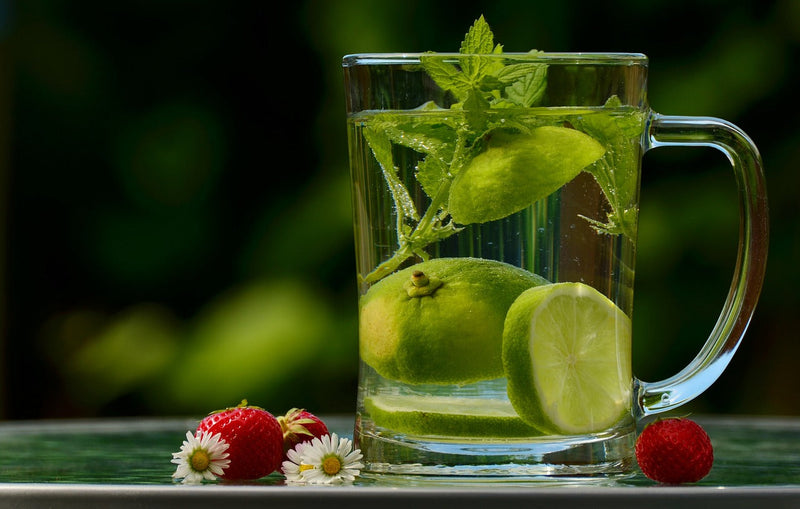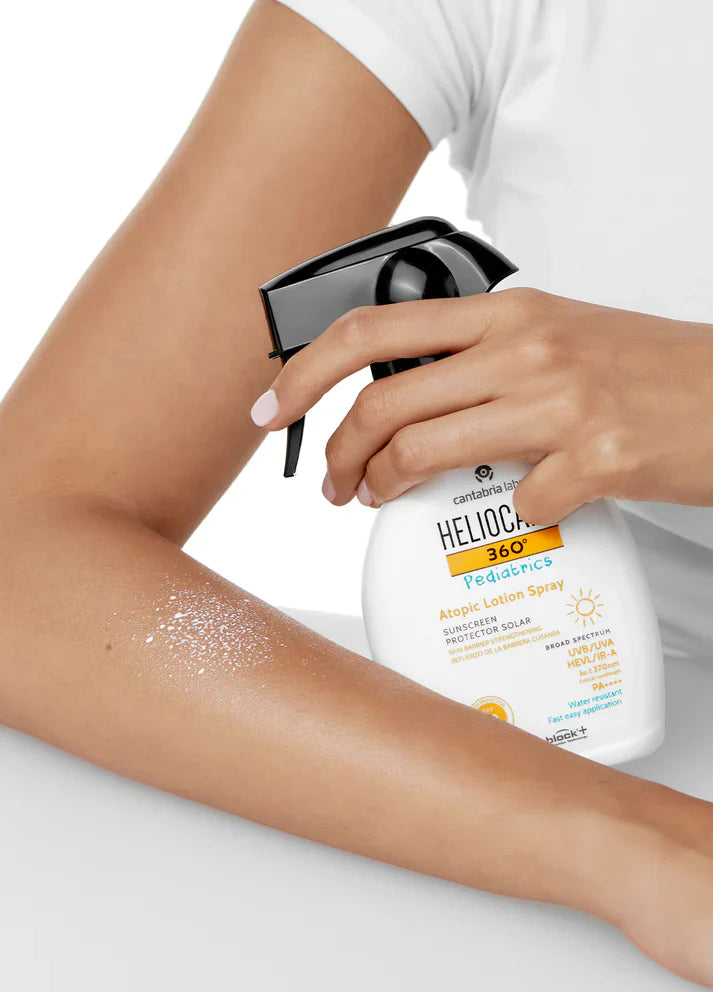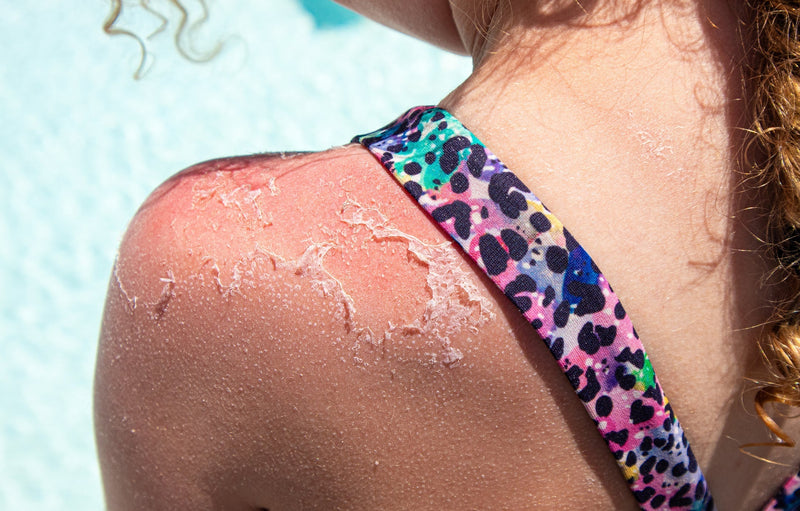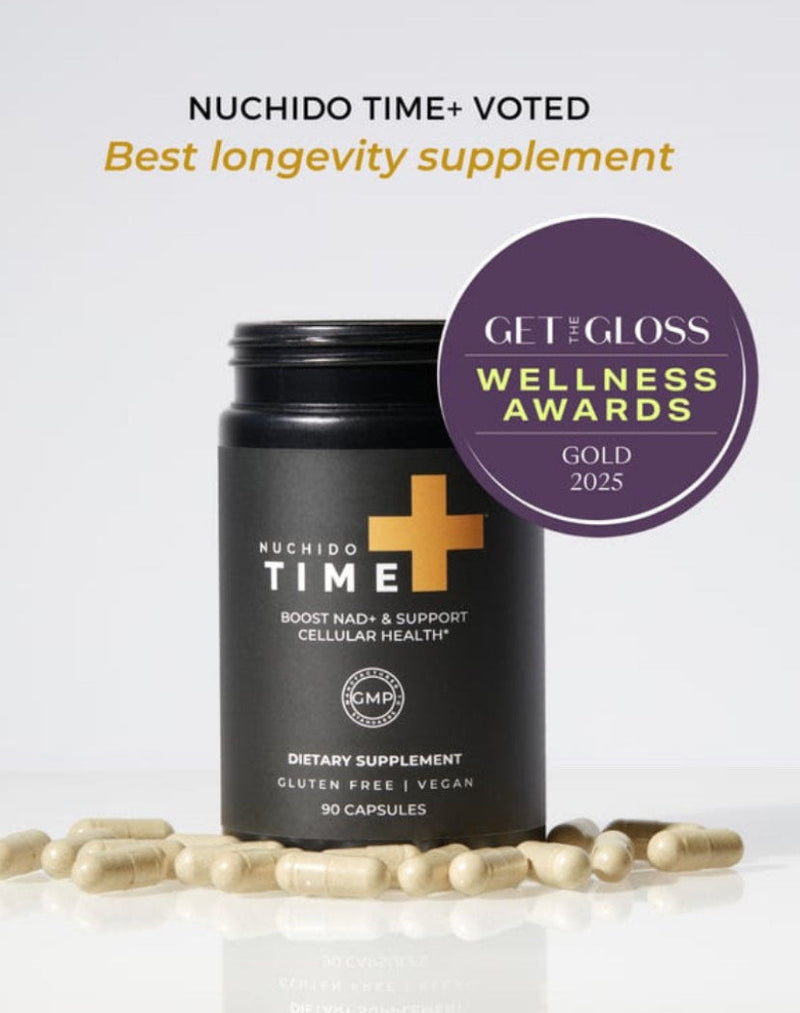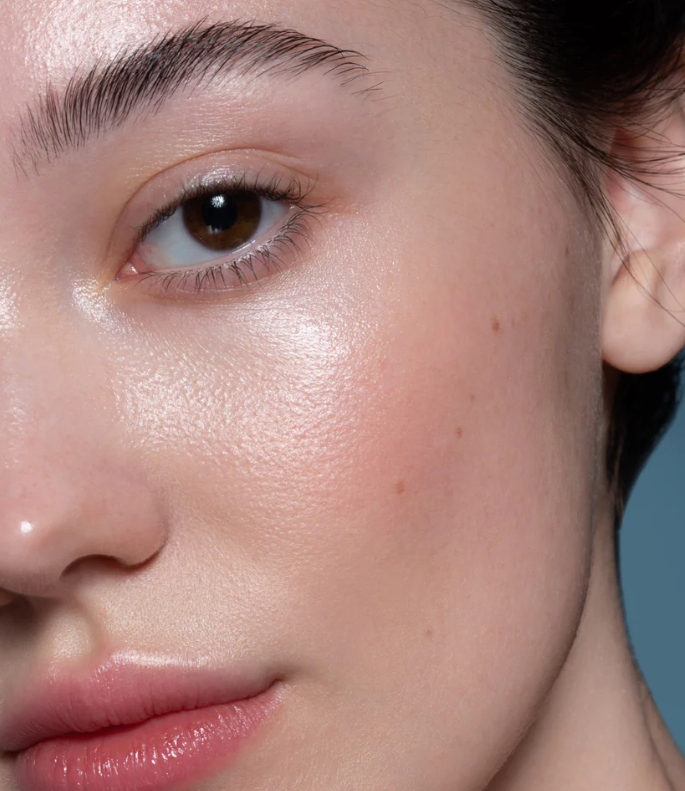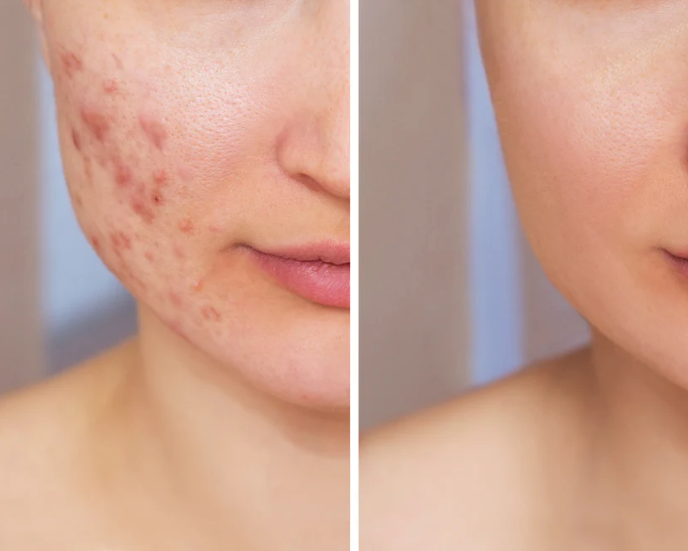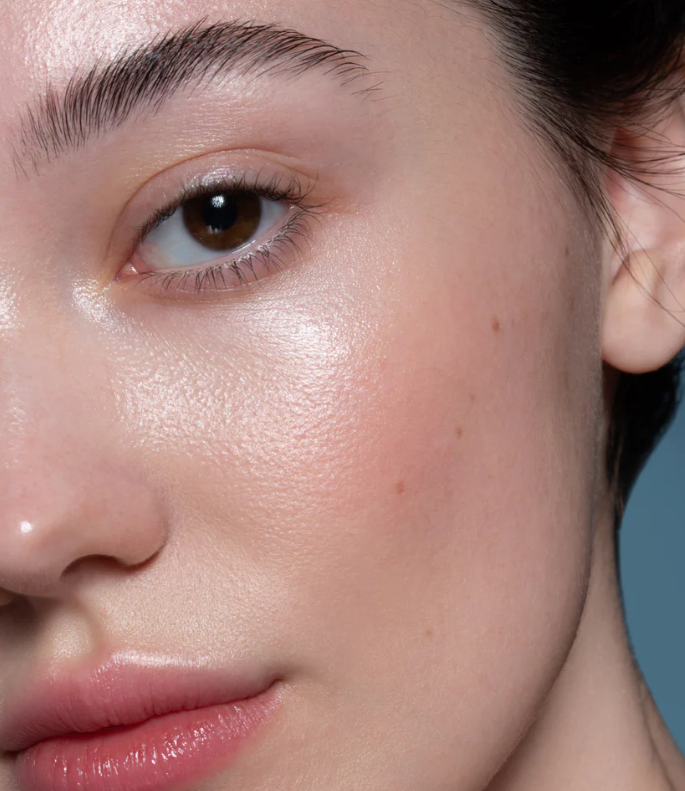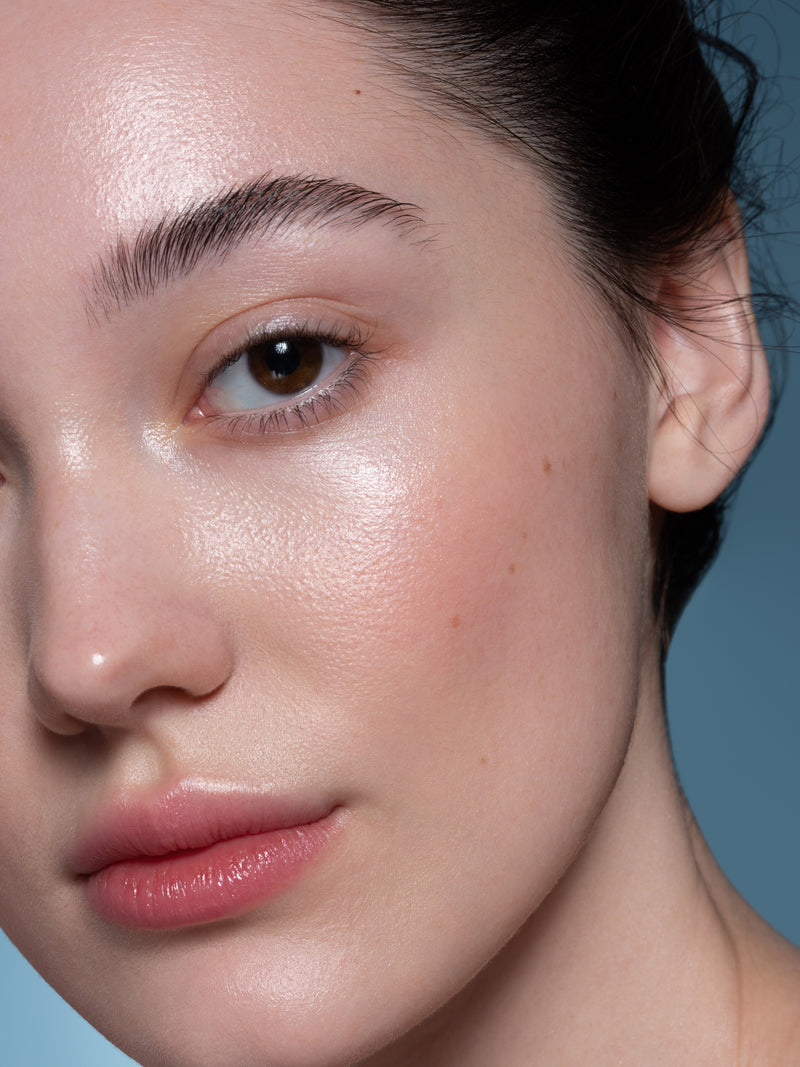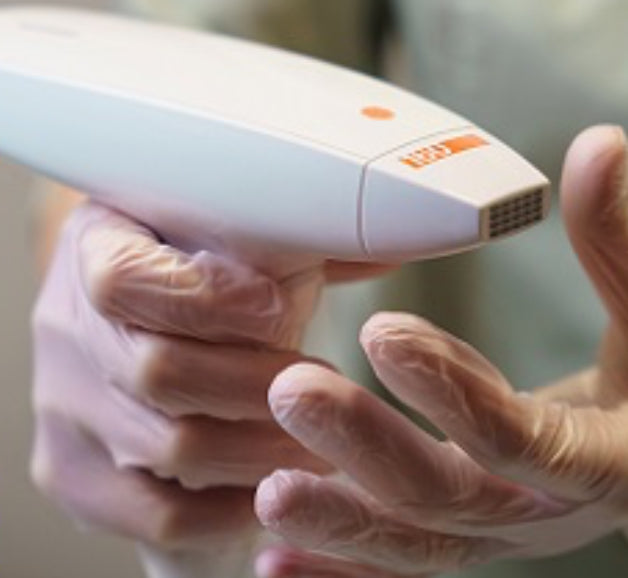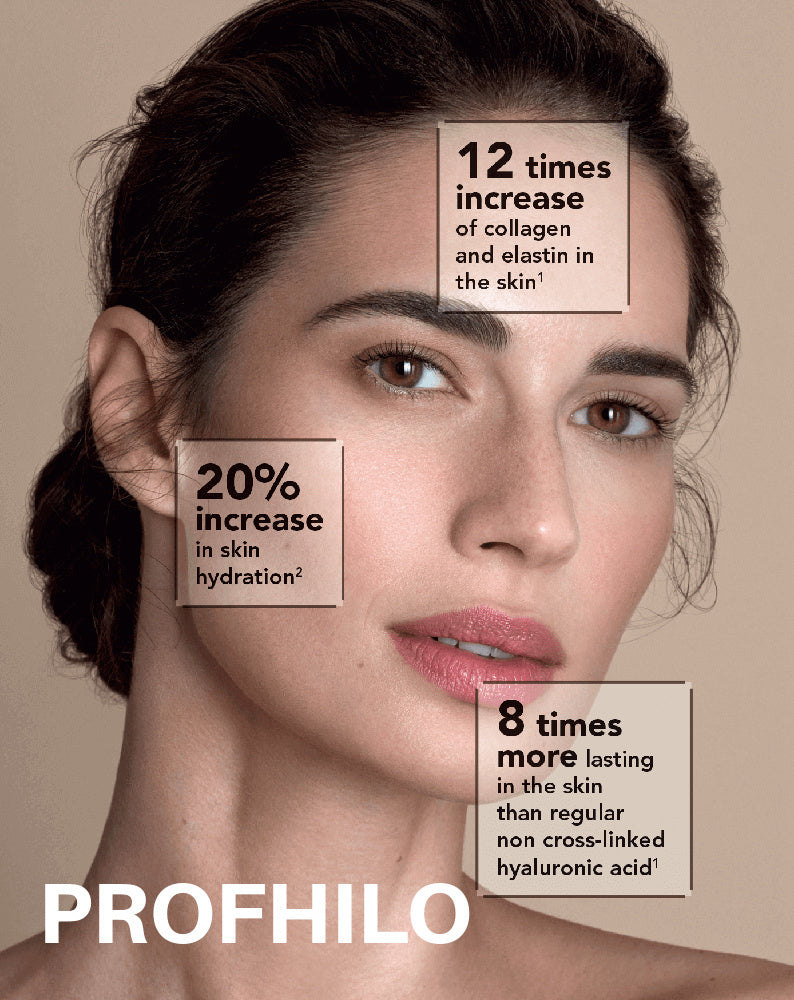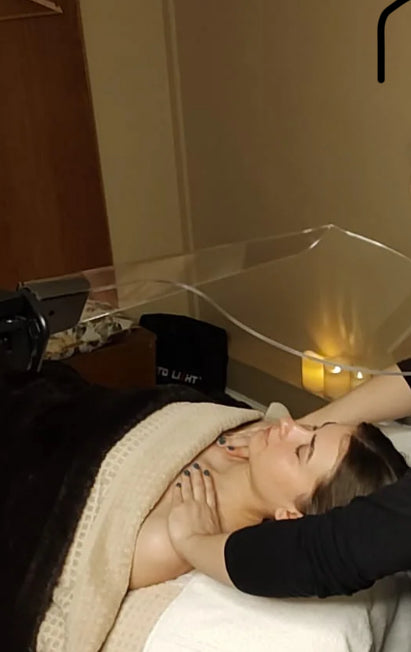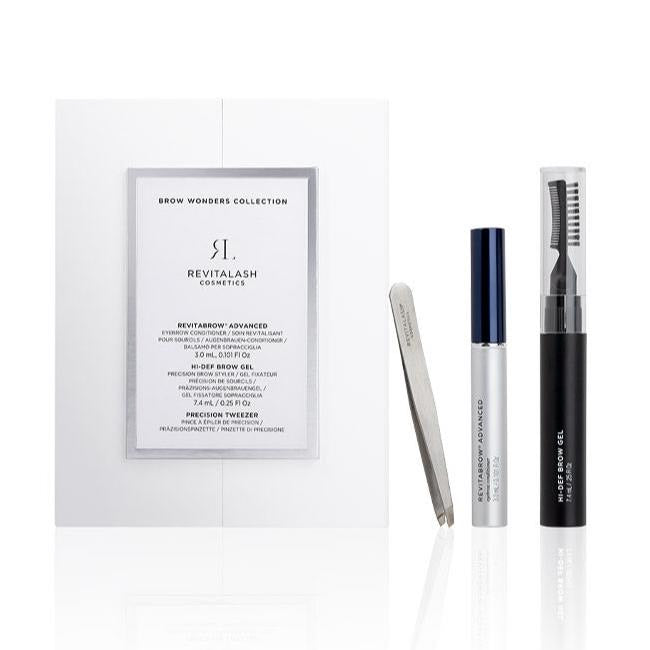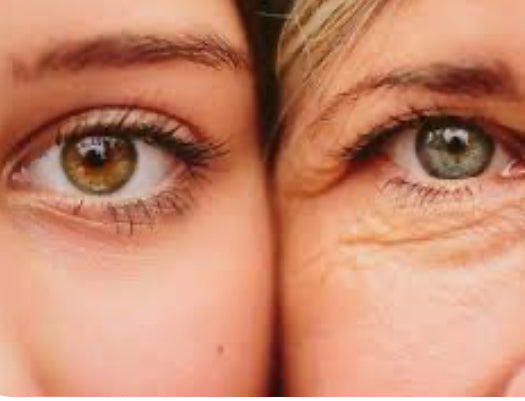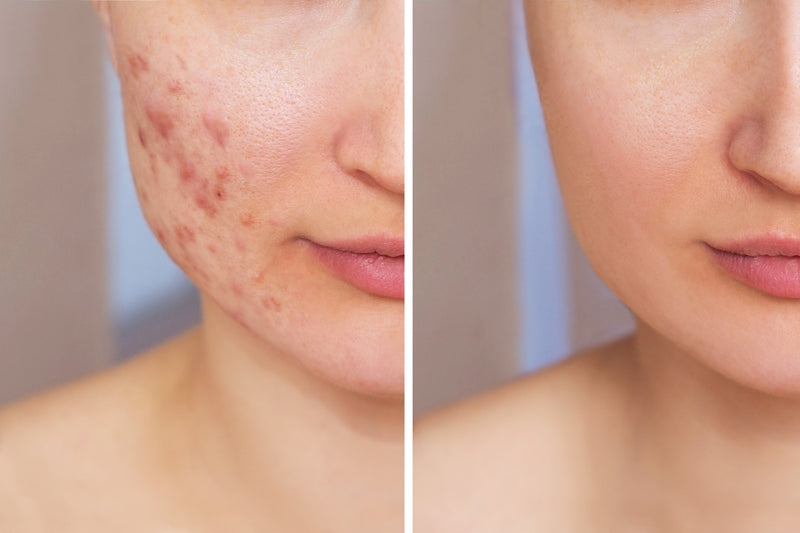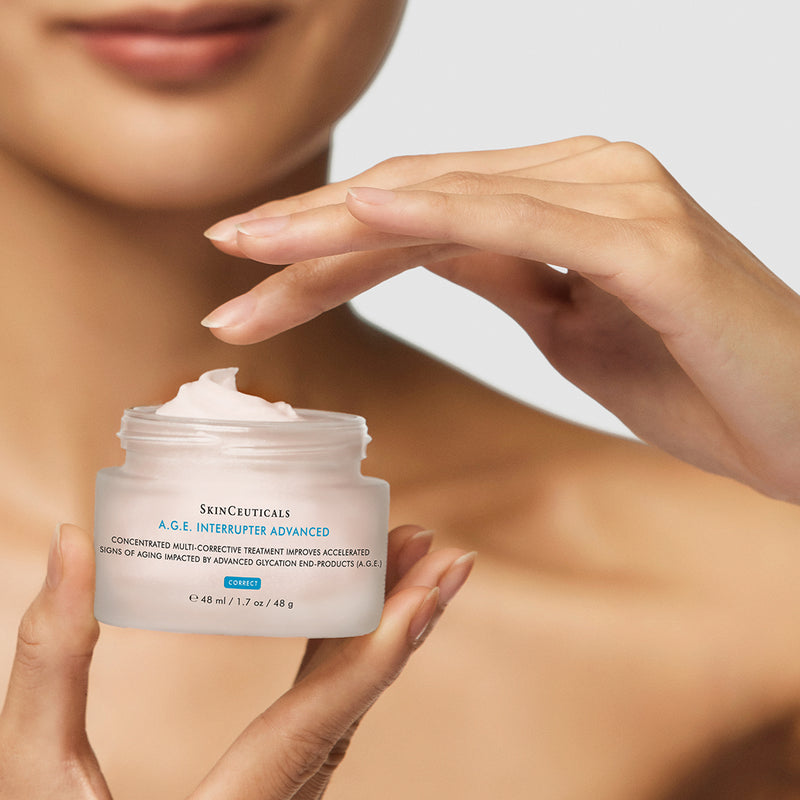Latest News – by NualaWoulfe Admin
Understanding the Skin Microbiome.
Understanding the Skin Microbiome
The skin microbiome refers to the diverse community of microorganisms that reside on the skin's surface and in its deeper layers. These microorganisms include bacteria, fungi, viruses, and mites, collectively forming a complex ecosystem known as the skin microbiota. Although the idea of bacteria living on our skin may be concerning, a lot of these microorganisms are actually helpful and are important for keeping our skin healthy.
The skin microbiome serves several crucial functions:
Barrier Protection: Beneficial bacteria on the skin help to defend against harmful pathogens, secreting antimicrobial substances and outcompeting them for resources to create balance.
Immune Regulation: The microbiome interacts with the immune system, helping to modulate its responses and prevent inflammatory conditions.
Skin Hydration: Certain bacteria produce substances that help to retain moisture in the skin, contributing to hydration and suppleness.
Wound Healing: Some microorganisms support the wound healing process by promoting tissue repair and reducing inflammation.
Factors Affecting the Skin Microbiome
Several factors can influence the composition and diversity of the skin microbiome:
Hygiene Practices: Excessive cleansing and the use of harsh antibacterial soaps can disrupt the skin's natural balance of microbes.
Diet: Nutrient-rich diets can support a healthy microbiome, while diets high in sugar and processed foods may negatively impact microbial diversity.
Environmental Exposures: UV radiation, pollution, and other environmental factors can alter the skin microbiome.
When trying to achieve healthy and glowing skin, we usually concentrate on things like skincare routines, moisturisers, and cleansers.
The skin microbiome plays a critical role in maintaining skin health and vitality, and nurturing this complex ecosystem is essential for achieving radiant skin. While skincare products certainly play a role in supporting the microbiome, supplements can offer additional support by addressing internal factors that influence microbial balance.
By incorporating probiotics, prebiotics, antioxidants, and omega-3 fatty acids into your daily regime, you can help promote a diverse and resilient skin microbiome, resulting in healthier calmer skin . I have seen Clients benefit from both topical skin that incorporate probiotics ingredients some of these include @Dermaceutic @Sasta - an Irish made topical supplement Sásta Microbiome Booster Serum is formulated to act with your skin microbiota by using a combination of microbiome – friendly ingredients. @DMK skincare @Eminence Organic skincare . @Aveeno etc etc
Food sources should be your first choice over probiotic supplements. Taking a lot of supplements is not the answer as balance is key. A lot does not mean better. Some people do not do well with probiotics. Seek professional advice if you require help or on other medication.
Study looks at food based probiotics vs supplements.
https://pubmed.ncbi.nlm.nih.gov/25117939/
Recent studies are investigating the potential of personalised skincare regimes tailored to an individual's unique skin microbiome profile, paving the way for more targeted and targeted effective approaches to achieving radiant and healthy skin. The issues associated with this is that everyone has a different kind of microbiome. Did you know that you also have different kinds of microbes on different parts of the body. But there is no doubt about their importance in terms of health and wellbeing.
The Role of Supplements
Maintaining a balanced diet that includes a variety of fruits, vegetables, whole grains, and lean proteins is crucial for supporting overall skin health. Additionally, adopting healthy lifestyle habits such as staying hydrated, getting enough sleep, and managing stress can also have a positive impact on the skin. A holistic approach is the best approach to improve gut and skin health include maintaining a balanced diet, taking probiotics, staying hydrated, managing stress, and exercising regularly.
Try to eat a healthy, balanced diet.
Keep a diary of what you eat and any symptoms you get – try to avoid things that trigger your IBS.
Try to drink at least 8 to 10 drinks of fluid (around 1.5 litres) a day, such as water or non-caffeinated drinks such as herbal tea.
Find ways to relax.
Try to get plenty of exercise.This is great to help with stress. Sleep is essential.
Did you know that we have approximately 39 trillion bacteria living in our body- they help protect us and keep us healthy. The majority of this bacteria lives in the gut , they help break down fibre ( fibre feeds bacteria) and produce vitamins like B12 and K2.
Research suggests that approximately 70 % of our immune system lives in our gut. This is why maintaining a healthy gut is crucial for health. The delicate gut flora is easily disrupted.
Gut Microbiota Dysbiosis: Triggers, Consequences, Diagnostic and Therapeutic Options - PMC https://pmc.ncbi.nlm.nih.gov/articles/PMC8954387/
I hear good things about Symprove - you take this ten minutes before a meal. Clients tell me that it has really helped with IBS symptoms. Read more https://crohnscolitis.ie/about/news/symprove/o
How long do you need to take Symprove for?
Symprove suggests you take a full dose (70ml) daily for 12 weeks. After 12 weeks you can choose whether to take a maintenance dose’ (of anywhere up to 60ml) each day. @Symprove
Goats yogurt is another option. Again some clients claim that this has had a real positive effect on gut health. @Glenisk
Several skin conditions are linked to gut health . An unhealthy gut can lead to inflammation and an imbalanced microbiome, which can manifest as skin conditions such as acne and eczema. Issues like dysbiosis and leaky gut syndrome are often linked to these skin problems.
Dysbiosis is an imbalance in the gut microbiome, often caused by bacterial or parasitic infections, overgrowth of harmful bacteria, or food sensitivities. This imbalance can lead to inflammation and skin conditions like psoriasis, eczema, and rosacea.
Dysbiosis occurs when the gut ecosystem is disturbed, typically through a reduction in beneficial bacteria, an overgrowth of harmful bacteria, or significant loss of microbial diversity.
When the microbiome shifts away from a healthy equilibrium, it compromises the gut’s ability to function optimally, setting the stage for GI related symptoms, and a range of other health issues.
Functional medicine can address these symptoms, to seek to find the root cause . Dietary modifications are a cornerstone of treatment, with a focus on eliminating inflammatory foods and increasing nutrient-dense, gut-healing options such as bone broth, fermented foods, and anti-inflammatory nutrients. Restoring microbiome balance is also critical, often through the use of probiotics, prebiotics, adequate digestive enzyme and stomach acid production, and targeted supplements. Stress management techniques, including mindfulness practices, yoga, and ensuring adequate sleep, are vital for reducing inflammation and supporting overall gut health. Additionally, practitioners may recommend specific supplements, such as L-glutamine for intestinal repair, zinc carnosine for mucosal integrity, and omega-3 fatty acids to reduce systemic inflammation. Testing to identify imbalances and triggers, such as stool analysis for bacterial, parasite, or microbial factors; intestinal permeability panels; and SIBO testing, can help tailor interventions to the patient’s specific needs and ensure progress is monitored effectively.








